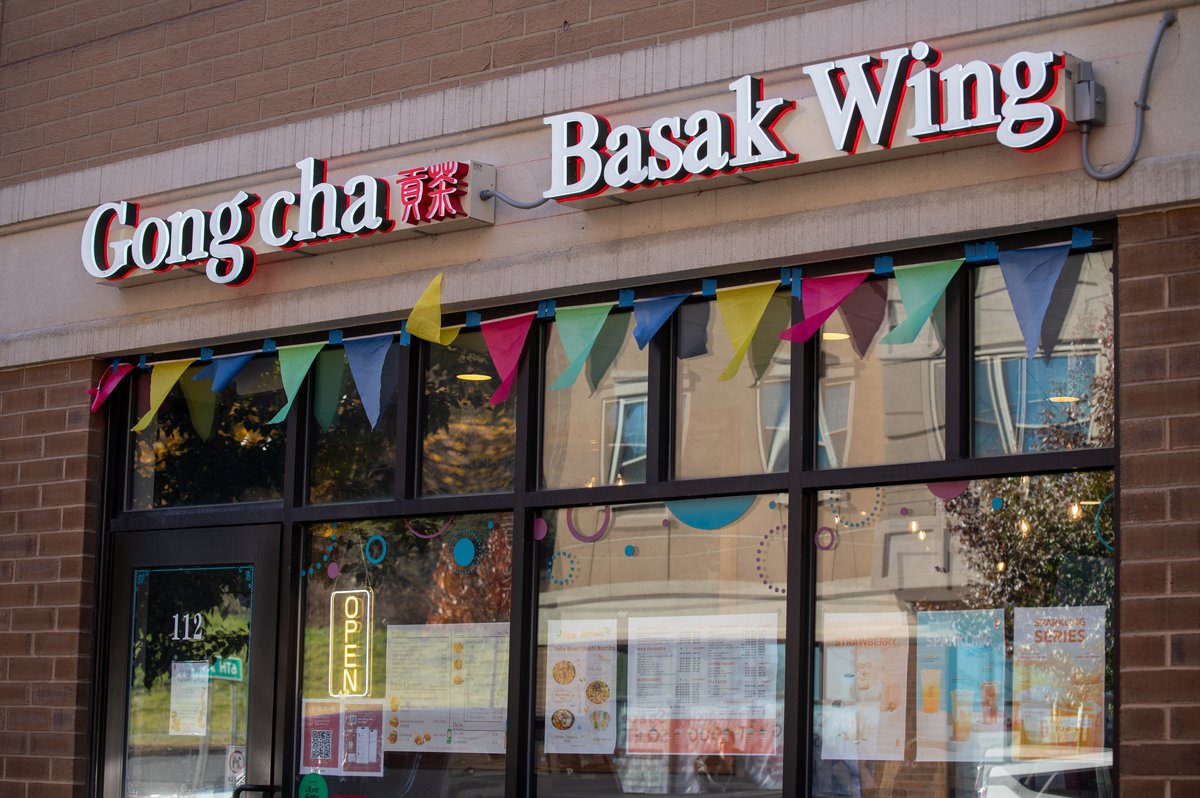The importance of better vegetarian options
While Rensselaer often boasts about its various food options to incoming students, are they really that accommodating? For students, especially at RPI, maintaining their health with food and exercise is very important as fuel for the many late night study sessions and hours of homework. Many students have already discounted food at Commons and other dining halls due to the quality being okay at best. Despite being a meat eater myself, many of my friends and acquaintances are vegetarian (no meat or fish) or pescatarian (no meat but fish is okay) for a variety of reasons—whether it be their chronic health conditions, cultural ties, or a personal choice.
However, despite all the talk of accommodations by the school’s dietician, the dining team has often fallen short of students’ expectations for quality food to suit their dietary needs. Students complain that vegetables, rice, or noodles may be overcooked or undercooked or are prepared incorrectly by not washing mushrooms thoroughly or removing the stems from string beans. Furthermore, while meat eaters can get away with eating other food, like burgers or tacos, these disappointing food options leave people with diets that exclude meat with limited choices. Many of my vegetarian friends have been restricted to salads and certain options from the pasta or pizza station. When they do serve cooked foods, my friends later complain that the food is once again over or under seasoned, or prepared poorly. As a result, many students turn to cooking or ordering out for food, which can get expensive very fast. In a sense, it can be said that they are being punished for their dietary restrictions because they are inclined to either suffer through the same foods over and over again or be forced to spend money for better food.
Though it may be for a variety of reasons that the quality of cooked food—especially the vegetables—has been so poor, there are also many options the dining team could implement to ease students’ complaints. If the issue is cost, many Asian cultures have rice porridge (congee) which has a small rice to water ratio, doesn’t require too much preparation, and can be seasoned a variety of ways. Meat and seafood may be added to congee but is not required. There are also other various dishes that can be made with the option to remove meat at no loss to the quality of the taste like Mapo Tofu. If poor quality is due to a lack of staff, steaming or boiling all the vegetables in a large batch before stir frying them is an easy and fast way to not undercook them. The team could also cook the stir fried meat separately to ensure that the vegetables are not raw and the meat is not too tough and overcooked. This gives the dining team the opportunity to serve meat separately as an option so that vegetarian students could go through the lines to get the same foods but with no meat.
There are many ways that the dining team can better work with students to ensure that everyone is getting the nutrition they need because all students deserve food that tastes good regardless of their diets. By having better vegetarian options, all students can have the option of eating dining hall food to make better use of their money and meal plan.

 Restaurant Review
Restaurant Review